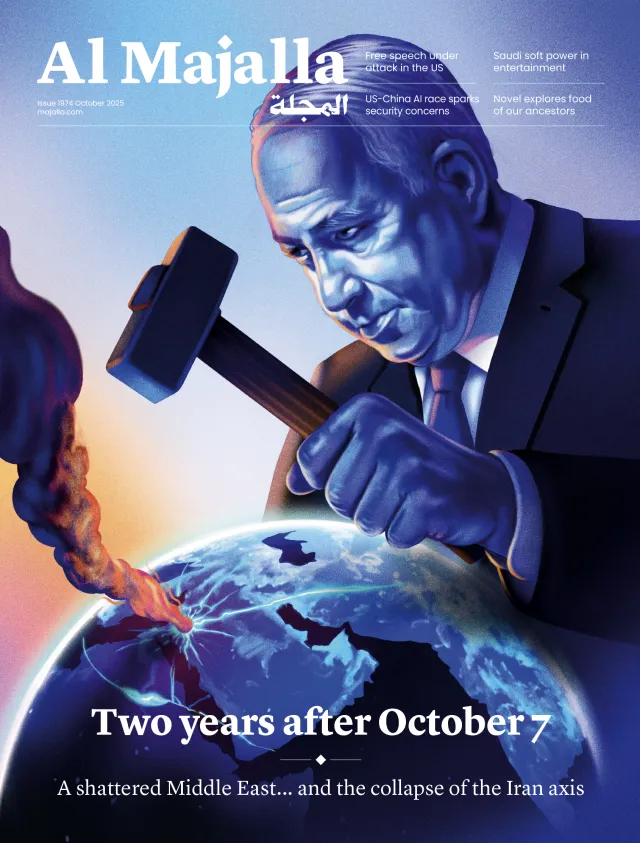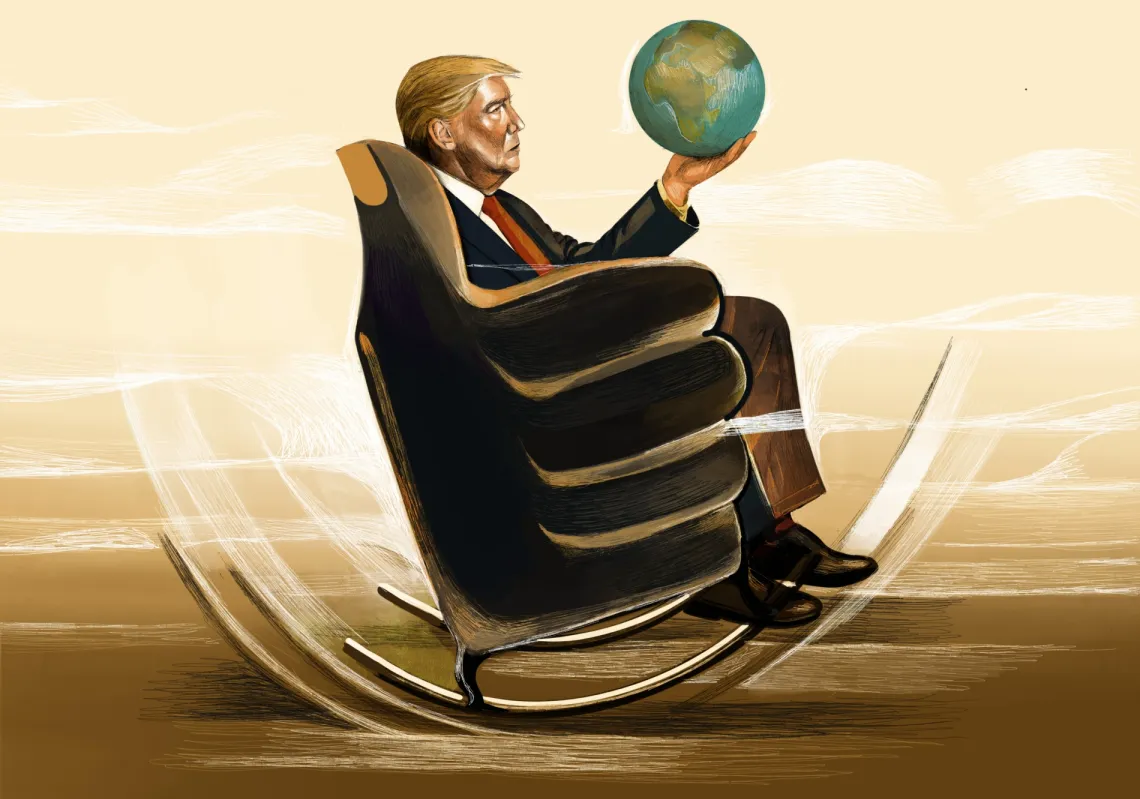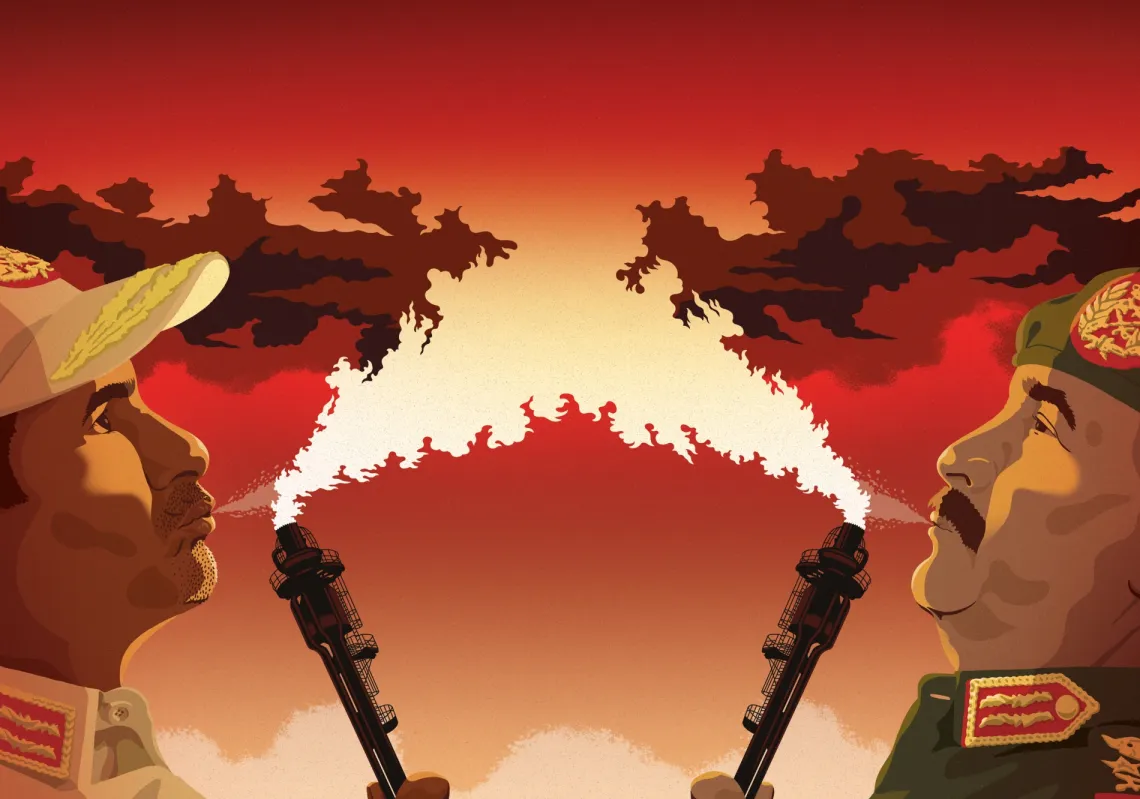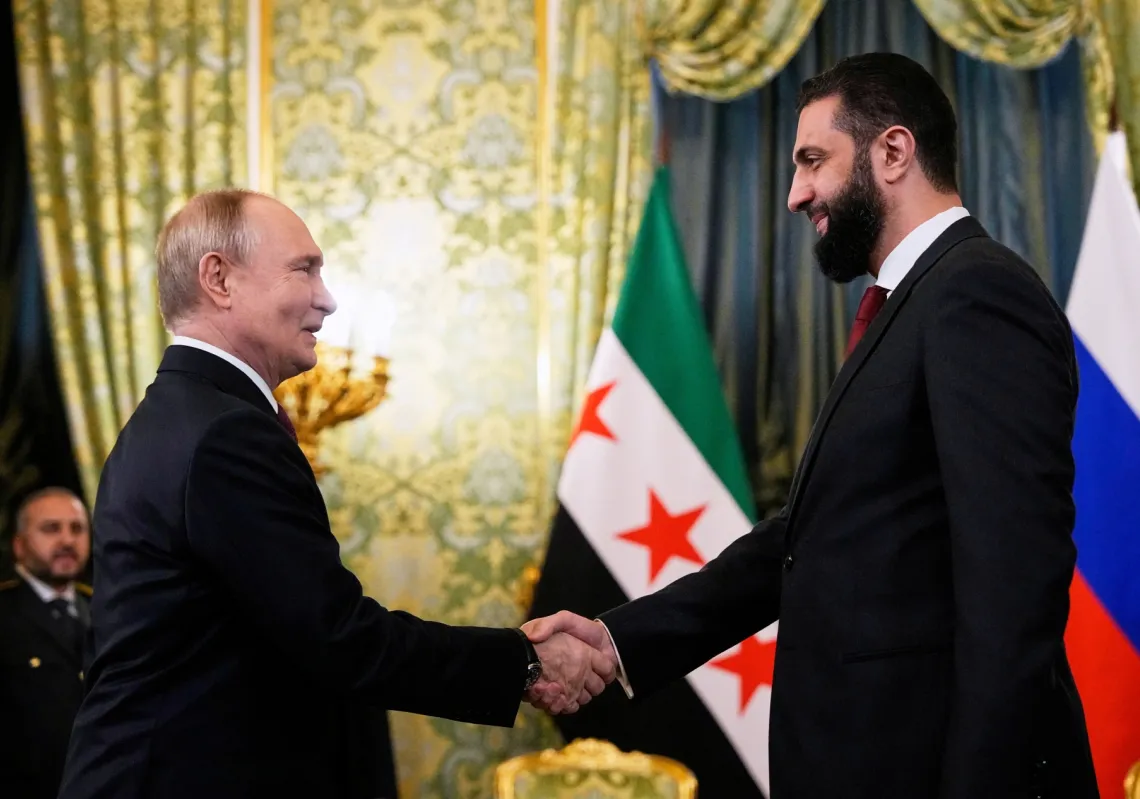Pakistan's tribal region and major cities witnessed a violent series of bloody events last October. These events coincided with the announcement that the Pakistani army is to begin extensive military operations in South Waziristan (a stronghold of Taliban-Pakistan). But despite the difficulty of the mission, the military has every intention to rapidly end the fighting. The army is completely prepared, for combat and it benefits from a wide array of support. These conditions were absent in previous military operations conducted in this area.
The successful implementation of this mission will help the government restore security and relative stability in Pakistan. However, it will not put an end to blood shedding unless the motives that have helped the armed movements spread are eliminated. The continuous bombings by U.S. unmanned aircrafts, and the presence of foreign forces in Afghan territory adjacent to Pakistan's tribal region, have helped armed movements in Pakistan justify their acts of violence. Such issues require decision-makers to contemplate a more realistic strategy in dealing with such movements, so that they can devote themselves to exposing the conspiracies against Pakistan through regional competitors and international players who are not willing to accept the existence of a nuclear, progressive, stable, and prosperous Pakistan.
On the political level, tensions are also on the verge of erupting at any moment. This is due to widespread government corruption, and the inability of the government to meet its citizens’ basic needs. It is also due to the emergence of differences in the positions of the military and political powers, and the mismatch between the two main political rivals: the Muslim League, and The Pakistan People's Party. The formal political harmony expressed through satellite TV channels, is nothing more than an attempt to satisfy the United States and the West- as they prefer a democratic system to a dictatorial regime. The West aims to place the military and security forces under civilian authority, to make them ineffective as other civil institutions, something which, so far, have been unacceptable to the military leadership.
There is no doubt that economic problems generate political, social, and security problems. Such problems can only be addressed through a prescription of economic growth and social justice. But Pakistan is moving in the opposite direction because of the inability of the political leadership to grant the average citizen the opportunity to enjoy such blessings. Economic growth and social justice help divert the people from harbouring negative thoughts and committing acts of sabotage. Such thoughts start spreading in a community as a result of economic recession. Economic prosperity, on the other hand, helps restore life in communities and creates a positive environment for competition between the members of society. Justice urges citizens to maintain law and not to resort to illegal means. But any hope of a possible improvement has started to fade due to the country's economic problems. As a result of these problems, the government was forced to accept loans from foreign lenders. This, in turn, has mortgaged the government's economic and political conditions to the outside world, as shown by the terms of the U.S. aid, which raised public concerns and public rejection. In addition, there was public criticism of the Pakistani army.
Pakistan is not only suffering from internal problems, but is also experiencing a difficult situation, even with the surrounding countries, with the exception of China, which cooperates with Pakistan under all circumstances. India, Pakistan's traditional enemy, is not willing to cooperate with Pakistan until the Pakistanis, who were accused by India of planning the Mumbai bombings, are punished. Afghanistan is still governed by political leaders who hold Pakistan responsible for what is happening in Afghanistan today. Iran had been content with the election of Asif Ali Zardari as president, but the aggressive tone of its leaders has intensified following a suicide attack in the Iranian province of Sistan-Baluchestan, which led to the death of more than 40 people, including seven top leaders of the Iranian Revolutionary Guard. This has led the Iranian leadership to point accusing fingers at Pakistan, Britain, and the United States for being involved in supporting the movement of Goundu Allah (God's Soldiers), which claimed responsibility for this suicide attack.
On the international level, discussions of conspiracy in the region and the idea of moving the real battle from Afghani territory to Pakistani territory has become a known fact. The fertile soil of Pakistan is an invitation for powers willing to rob Pakistan of its riches. Pakistani leadership must be aware of the seriousness of the current course of events, and they must try to find a way of solving the countries political economic, social, and security problems.
I am optimistic that the security situation will definitely not develop into a civil war, or divide the country into small states. But despite my optimism, crises in Pakistan are continuously multiplying. They can easily be overcome only if the political and military leaderships united their will and cooperated with the people to change the course of events. The international community is also responsible for solving the Kashmir issue and restoring stability to Afghanistan, so that Pakistan might overcome its current two main problems. Analysts agree that the lack of stability of Pakistan is not in the interest of any regional or international party. Pakistan possesses nuclear weapons, and Pakistani armed groups have a wide range of combat experience in Afghanistan and Kashmir.
Abu Bakr Sedek Abdel Ghaffar
– Secretary General of the Arab-Pakistani Cooperation Forum







